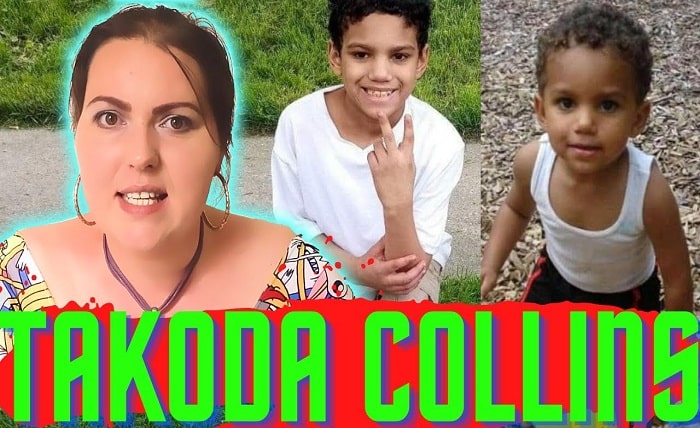The Tragic Tale of Takoda Collins: A Beacon of Awareness Against Child Abuse

Childhood should be a time of innocence, laughter, and endless possibilities. Yet, for some, it becomes a nightmare of unimaginable suffering. The tragic case of Takoda Collins, a bright and playful 10-year-old boy from Dayton, Ohio, serves as a stark reminder of the devastating consequences of child abuse. His story is one of unimaginable cruelty, but also of resilience, hope, and the unwavering fight to protect our most vulnerable.
The Nightmare Unveiled:
In 2012, Takoda’s life took a horrifying turn. His own father, Al-Mutahan McLean, subjected him to prolonged physical and sexual abuse, culminating in his death. The details of the case are too painful to recount in full, but it painted a picture of unimaginable suffering. Takoda was not alone; his father’s girlfriend and her sister were also complicit in his abuse, failing to intervene or seek help.
Justice Served, Yet Scars Remain:
McLean and the other defendants were ultimately sentenced for their crimes. However, no legal justice can truly compensate for the loss of Takoda’s life or the profound impact on his family and community. His mother, Robin Collins, became a fierce advocate for child protection, dedicating her life to raising awareness and preventing similar tragedies.
Beyond Takoda: Recognizing the Signs:
Takoda’s story is not an isolated incident. Child abuse is a pervasive and heartbreaking reality, affecting millions of children globally. It is crucial to recognize the warning signs:
- Physical injuries: Unexplained bruises, burns, or fractures.
- Behavioral changes: Extreme withdrawal, anxiety, or fearfulness.
- Changes in sleep or eating patterns: Insomnia, nightmares, or loss of appetite.
- Depression or suicidal thoughts.
If you suspect child abuse, it is your responsibility to report it immediately. Contact local child protective services or dial the National Child Abuse Hotline at 1-800-422-4453. Every call can make a difference.
Fighting for Prevention: Healing and Hope:
Beyond reporting, there are ways to actively prevent child abuse:
Educate yourself and others: Learn about the signs and risk factors of child abuse.
Support organizations: Donate to or volunteer with child protection agencies.
Talk openly about child abuse: Normalize conversations about abuse and empower children to speak up.
Build trust and support: Create safe spaces for children to confide in trusted adults.
By taking these steps, we can build a world where Takoda’s story serves not just as a tragic reminder, but as a catalyst for change. We can create a future where every child has the right to a safe and loving childhood.
Remembering Takoda: A Legacy of Love:
Takoda’s life may have been tragically cut short, but his memory continues to inspire. His legacy lives on in the countless lives saved through increased awareness and proactive measures. He reminds us that even in the darkest of times, hope and resilience can prevail.
Conclusion:
Takoda Collins’ story is a heart-wrenching account of the devastating impact of child abuse. Yet, it also serves as a powerful call to action. By recognizing the signs, reporting suspected abuse, and actively working towards prevention, we can ensure that no child endures the suffering Takoda faced. Let his memory be a beacon of hope, guiding us towards a safer world for all children.
FAQ
- What resources are available for victims of child abuse?
There are many resources available for victims of child abuse, including local child protective services, the National Child Abuse Hotline (1-800-422-4453), and online resources like RAINN (Rape, Abuse & Incest National Network).
- How can I report suspected child abuse?
If you suspect child abuse, you are legally obligated to report it immediately. Contact your local child protective services or dial the National Child Abuse Hotline at 1-800-422-4453.
- What are some ways to prevent child abuse?
Educating yourself and others about the signs and risk factors of child abuse, supporting child protection organizations, talking openly about child abuse, and building trust and support with children are all crucial steps in preventing abuse.




